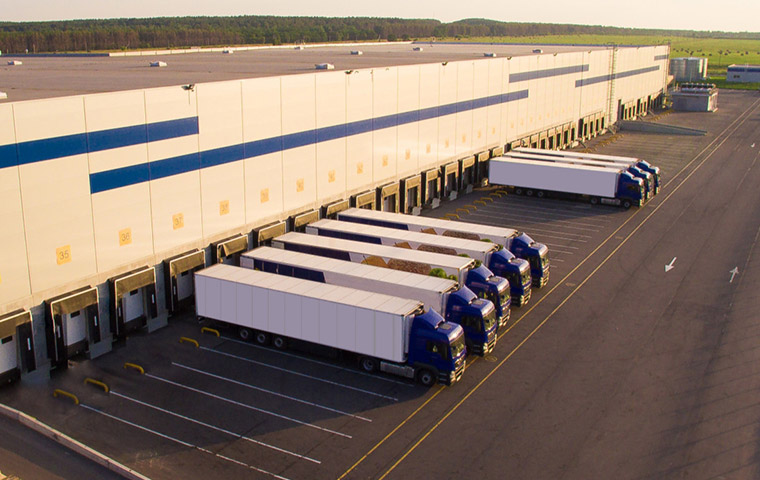One of the most important parts of owning a fleet business is having the right fleet insurance. Commercial fleet insurance differs between companies based on many factors, and one that makes a significant difference is the size of the fleet. A small fleet usually consists of fewer than ten vehicles, while a large fleet can extend beyond that. This article will break down the features of commercial fleet insurance and how they differ between small and large fleets.
Coverage
Fleet insurance coverage is relatively similar between large and small fleets. Most fleets look for the same types of coverage. Collision coverage protects the business from costly repairs whenever a fleet vehicle is involved in an accident. Uninsured motorist coverage becomes useful if the other party in the accident does not have insurance. Finally, there is coverage from physical damage, such as weather events or vandalism. This coverage even protects your vehicle from theft. Fleets of all sizes need protection in these areas.
Charge Method
Most small businesses work with scheduled vehicle charging, where they pay a certain premium amount per unit. The premium is not based on mileage or revenue, so it works well for small businesses.
Large fleets, however, have other options. They can pursue mileage-based policies, which charge based on how many miles a driver travels. This option is not commonly available to local fleets or fleets smaller than fifteen vehicles. The benefit of a mileage-based plan is that businesses can increase their number of units without immediately increasing their premium.
Another option for large fleets is a gross revenues policy. This type of policy means a specific rate is applied monthly based on revenues generated for each month. This policy is another way that businesses can grow their number of units without immediately increasing their premiums. It’s also the most straightforward method, as the premium follows the revenue.
When deciding on a policy, first determine how many vehicles are in the fleet and how much the business expects to grow and expand. Each of these options have their own benefits, and it is simply up to the fleet to determine what works best for them.
Drivers
One significant difference between a small fleet and a large fleet is that it’s easier to tell who is driving each vehicle in a small fleet. This applies to insurance when choosing between “Any Driver” and “Named Driver” policies. Any Driver policies allow each driver to operate any of a fleet’s vehicles. Named Driver policies assign drivers to specific vehicles. Naturally, Any Driver policies have higher premiums.
While Any Driver policies do allow for more flexibility and freedom, there is a higher risk. If a driver gets into an accident on an Any Driver policy, the hike in premium spreads to all vehicles in the fleet and can hurt the business badly. Therefore, small businesses may be at an advantage if they can assign drivers to their vehicles and obtain a Named Driver policy.
Small Fleet Insurance vs. Insuring Multiple Vehicles
Many fleet owners wonder about the benefits of purchasing small fleet insurance versus simply purchasing individual insurance for each of their vehicles. There are many benefits to purchasing small fleet insurance. Firstly, it is usually cheaper to have each vehicle insured under one fleet insurance plan. Secondly, a single policy streamlines paperwork, so a business doesn’t have to worry about multiple renewals, payments, and papers.
The only time there may be a benefit to separately insuring vehicles is if businesses can obtain a no claims discount (NCD). Small businesses with few vehicles and no accidents might be able to save money by insuring their vehicles under policies with no claims discounts. Unfortunately, fleet insurance policies are not eligible for NCDs, and most businesses will need to purchase fleet insurance eventually.
Conclusion
Purchasing insurance for a fleet can be a tough decision. It involves a lot of shopping around, comparing quotes, and evaluating different needs. The decision isn’t easy for small or large businesses, but it is a bit different for both. Keep these differences in mind when researching insurance information, and be sure to make choices that are best for your fleet’s size. For more information on best practices for fleets and the latest in fleet technology, follow our blog!








